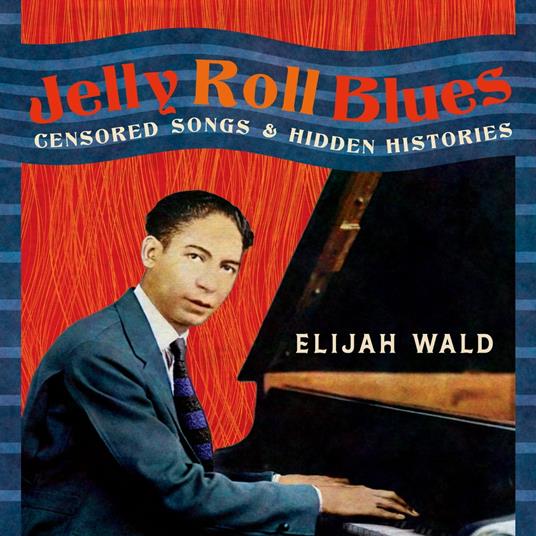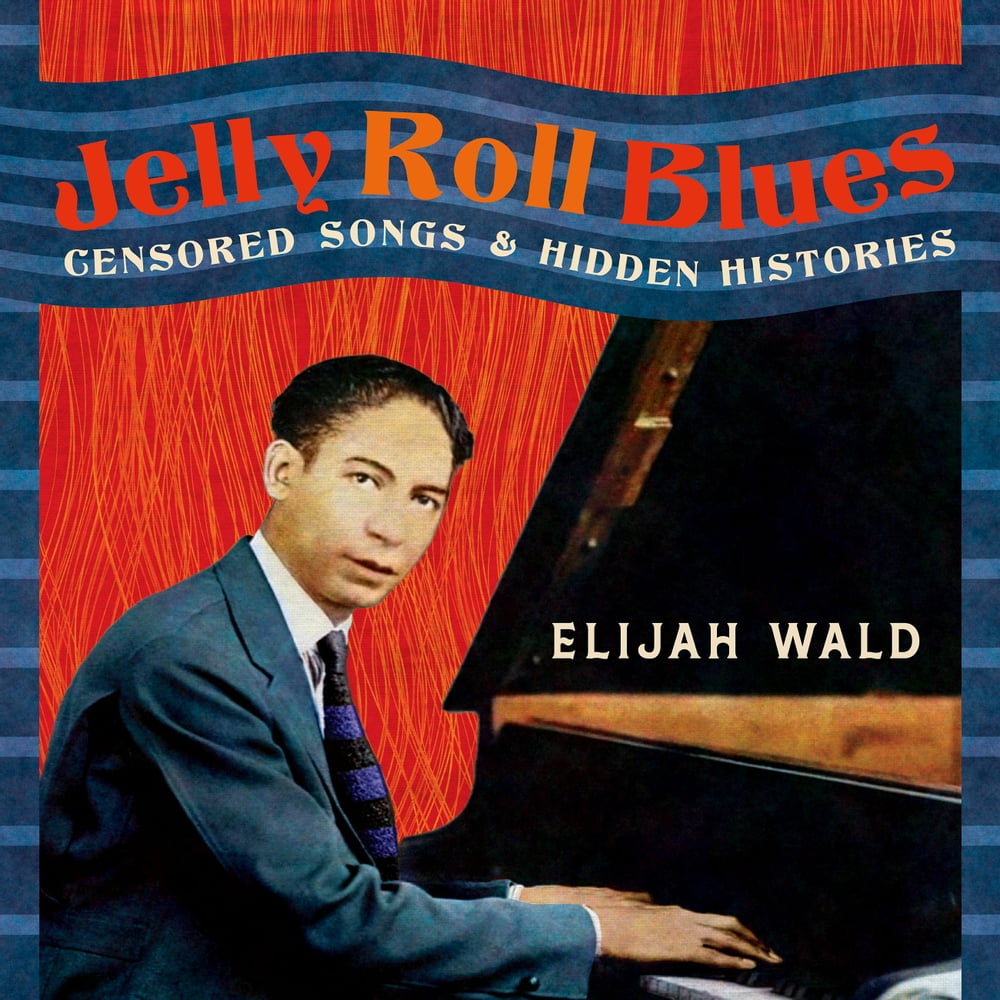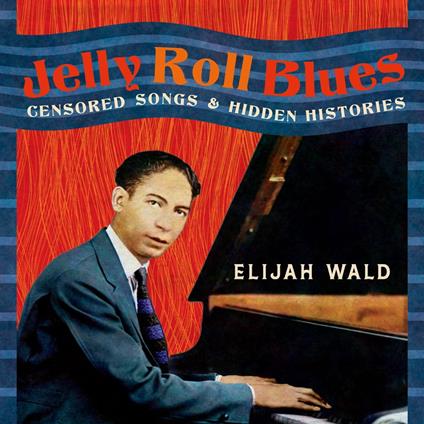Jelly Roll Blues
A bestselling music historian follows Jelly Roll Morton on a journey through the hidden worlds and forbidden songs of early blues and jazz. In Jelly Roll Blues: Censored Songs and Hidden Histories, Elijah Wald takes readers on a journey into the hidden and censored world of early blues and jazz, guided by the legendary New Orleans pianist Jelly Roll Morton. Morton became nationally famous as a composer and bandleader in the 1920s, but got his start twenty years earlier, entertaining customers in the city’s famous bordellos and singing rough blues in Gulf Coast honky-tonks. He recorded an oral history of that time in 1938, but the most distinctive songs were hidden away for over fifty years, because the language and themes were as wild and raunchy as anything in gangsta rap. Those songs inspired Wald to explore how much other history had been locked away and censored, and this book is the result of that quest. Full of previously unpublished lyrics and stories, it paints a new and surprising picture of the dawn of American popular music, when jazz and blues were still the private, after-hours music of the Black "sporting world." It gives new insight into familiar figures like Buddy Bolden and Louis Armstrong, and introduces forgotten characters like Ready Money, the New Orleans sex worker and pickpocket who ended up owning one of the largest Black hotels on the West Coast. Revelatory and fascinating, these songs and stories provide an alternate view of Black culture at the turn of the twentieth century, when a new generation was shaping lives their parents could not have imagined and art that transformed popular culture around the world—the birth of a joyous, angry, desperate, loving, and ferociously funny tradition that resurfaced in hip-hop and continues to inspire young artists in a new millennium. Using Morton’s life and songs as a connecting thread, Jelly Roll Blues suggests an alternate history of blues and jazz, surveying a world of Black and working class culture that at times seems startlingly modern. Exploring songs and stories that have previously been censored and ignored, and the cultures and communities that produced them, Jelly Roll Blues reveals how intimately intertwined sex, race, and music have been throughout American history and how those connections have been simultaneously concealed and sensationalized. Over more than a decade of research, Wald has unearthed a wealth of unexamined material from the early years of blues and jazz, which has never been published or cited elsewhere: song lyrics, raps, and stories that significantly broaden our understanding of those styles and the worlds that gave them shape and meaning. Jelly Roll Blues takes Morton’s songs, stories, and experiences as a guide to ignored and avoided byways of American culture. Some sections trace the histories of particular songs; some trace the stories and experiences of the people who sang or inspired them. Some follow Morton’s life and experiences; some explore the lives and experiences of his peers and listeners, and the worlds in which they flourished and struggled. Often surprising, often amusing, sometimes disturbing, these songs and stories provide a deep history and literature of communities that were overlooked, despised, and silenced. Revelatory and fascinating, this deep exploration of Black culture at the turn of the twentieth century looks at the first years of the twentieth century through the songs of young, adventurous Black entertainers and their communities, less than fifty years after emancipation, expressing their hopes, dreams, frustrations, pleasures, and attempts to shape lives their parents could not have imagined and the dominant culture opposed and suppressed. It is about their language and world, and the languages and worlds that surrounded and info
-
Autore:
-
Narratore:
-
Durata in (hh:mm:ss):10:23:18
-
Anno edizione:2024
Formato:
Gli Audiolibri venduti dal nostro sito sono in formato MP3 e protetti da un DRM proprietario Kobo.
Compatibilità:
Gli Audiolibri venduti dal nostro sito possono essere ascoltati sul tuo smartphone o tablet tramite la APP gratuita Kobo Books scaricabile da iOS o Android. Gli Audiolibri non possono essere scaricati in locale o trasferiti su un client di ascolto diverso da quello fornito tramite Kobo. Non è possibile ascoltare gli audiolibri con la Kobo APP Desktop. Puoi ascoltare gli Audiolibri tramite determinati eReader Kobo, utilizzando cuffie o casse con Bluetooth. Visita la pagina degli eReader per avere maggiori dettagli.
Cloud:
Gli Audiolibri venduti singolarmente dal nostro sito sono immediatamente sincronizzati sul tuo account personale in automatico. Successivamente all'acquisto, sono subito disponibili all'ascolto tramite i client di lettura Kobo compatibili.
Clicca qui servissero ulteriori informazioni




